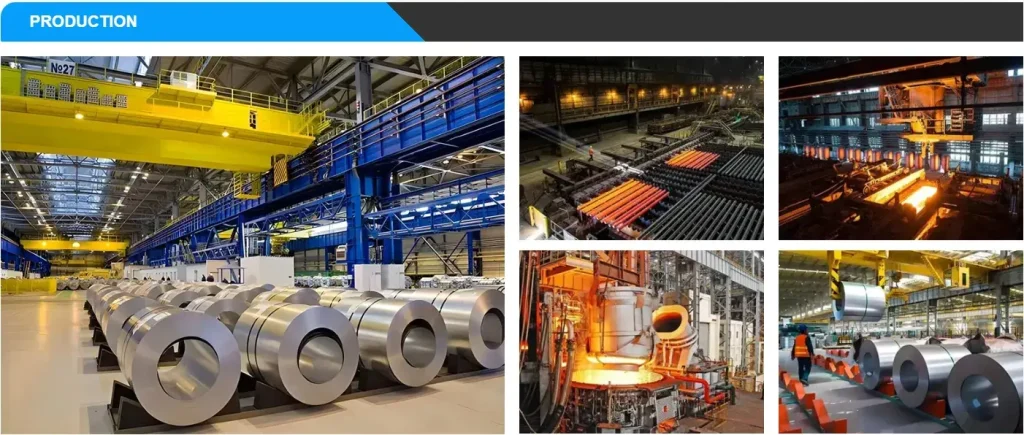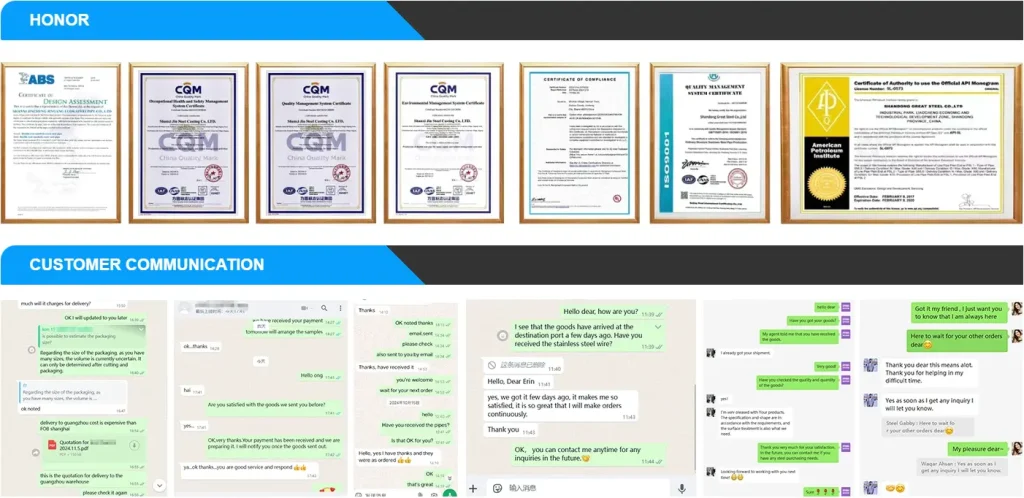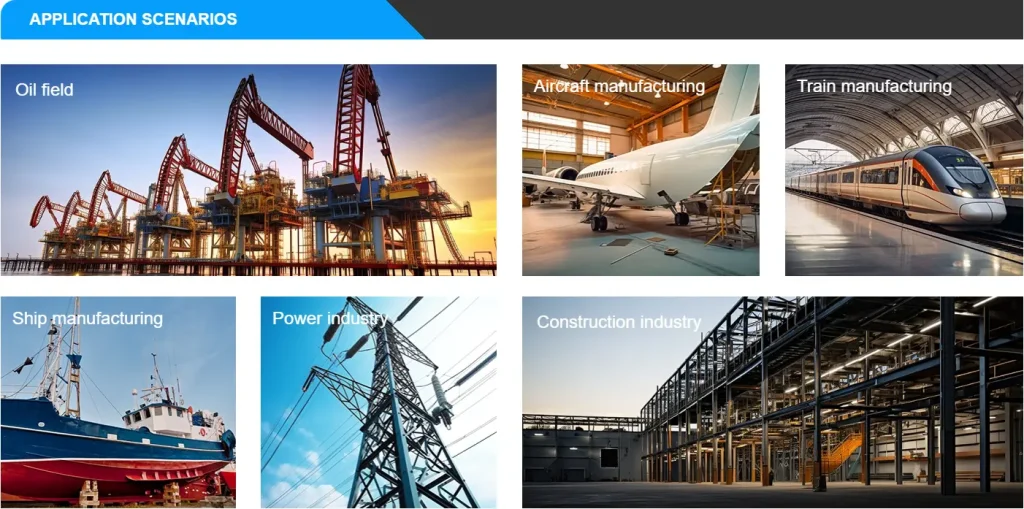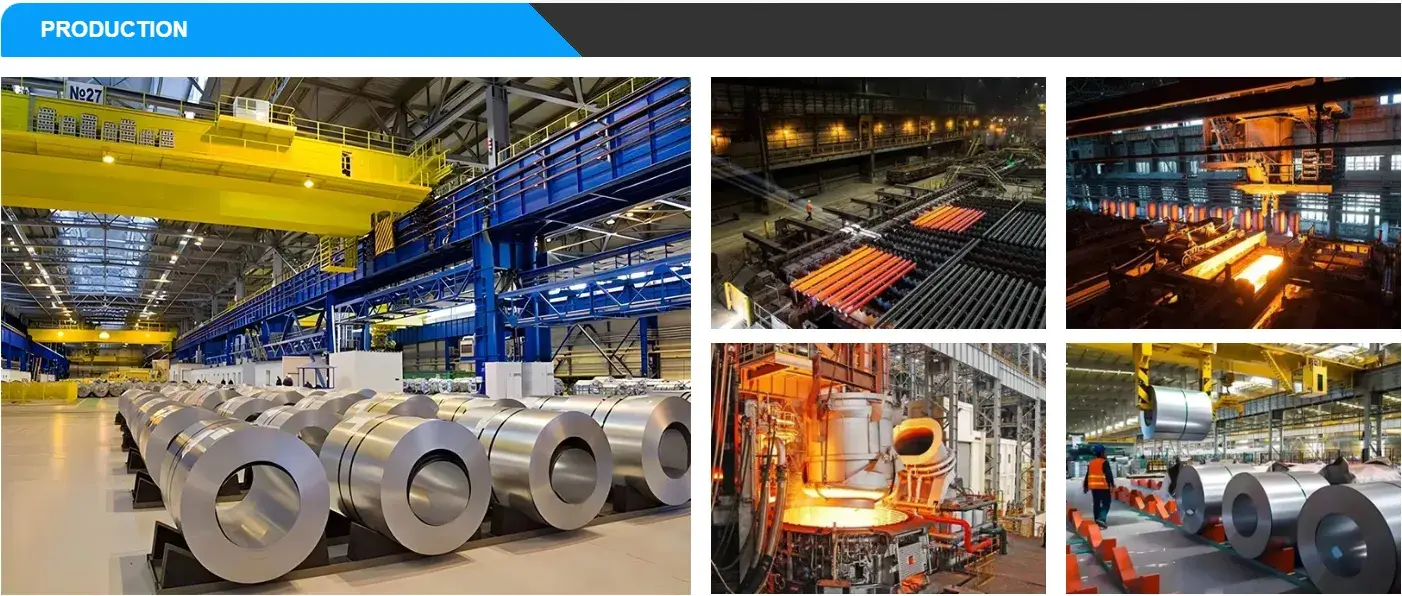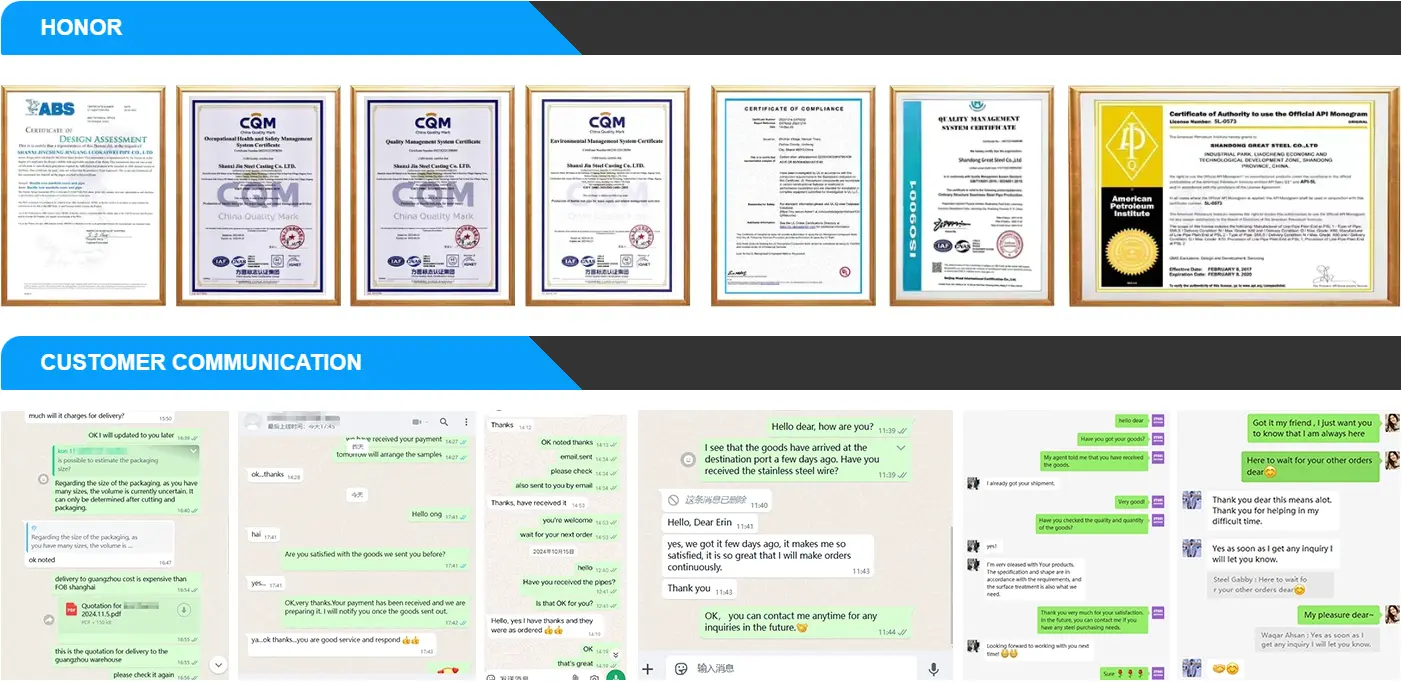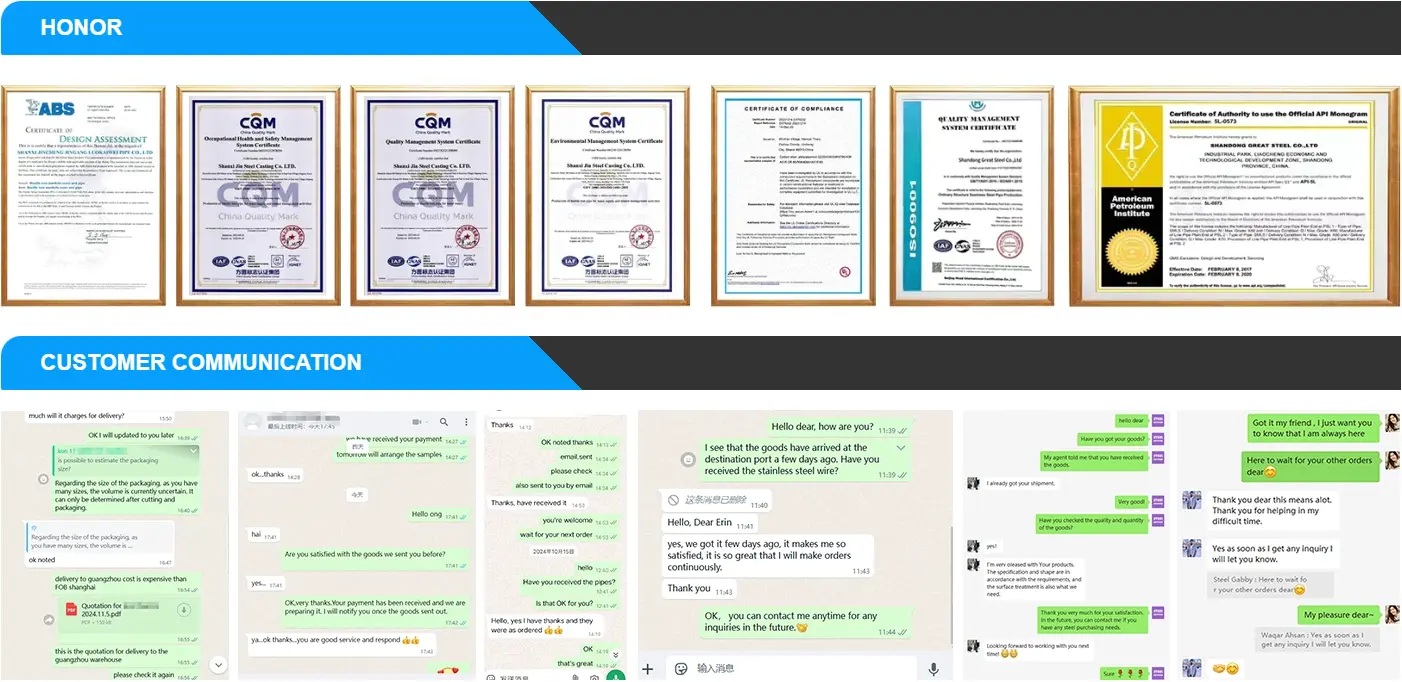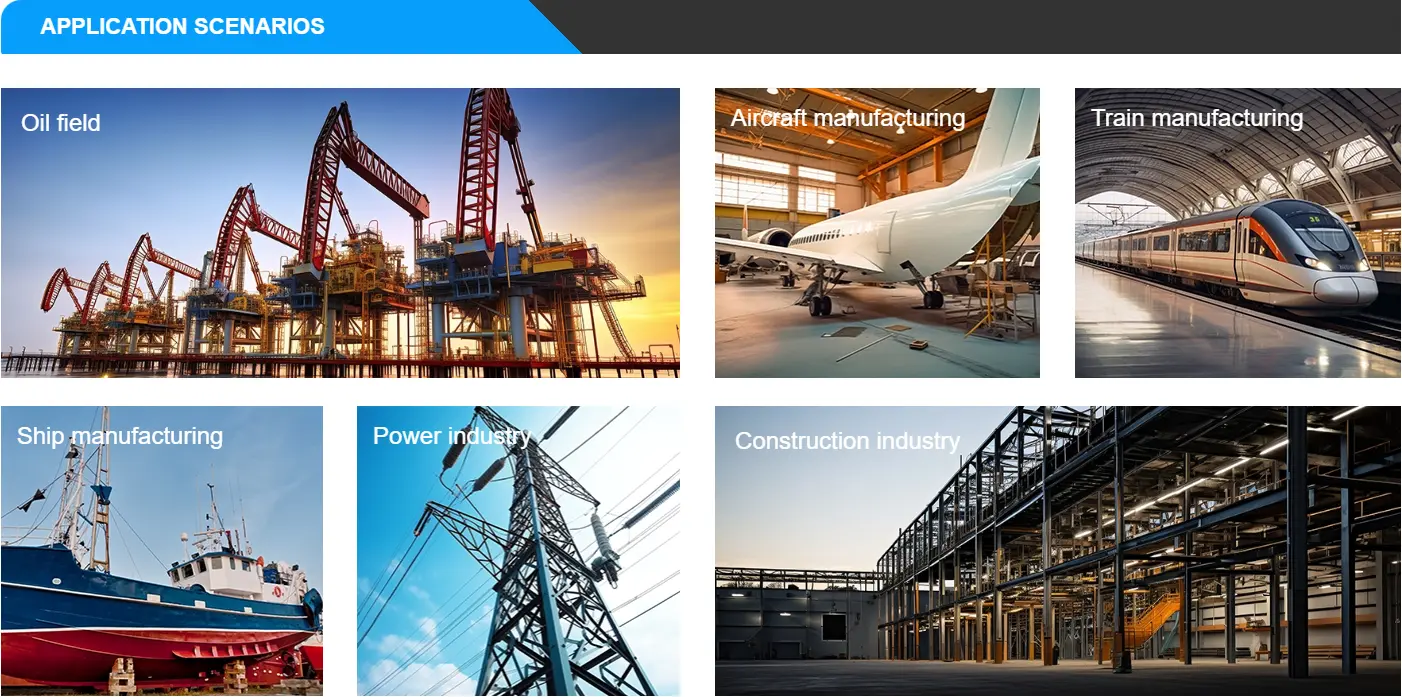ASTM A537 Pressure Vessel Carbon Steel Coil: Heat-Treated Alloy for Low-Temperature & High-Strength Applications
A537 Pressure Vessel Carbon Steel Coil Product Overview
ASTM A537 (ASME SA-537) is a quenched & tempered carbon-manganese-silicon steel designed for welded pressure vessels requiring -60°C to 260°C operational stability. Available in Grades 1-3 with tensile strengths spanning 485–690 MPa, it meets ASME BPVC Section VIII and EN 10028-4 S460N standards. Ideal for cryogenic storage tanks, offshore platforms, and hydrogen reactors, it outperforms standard carbon steels in low-temperature toughness and weldability.
Key Technical Specifications
1. Manufacturing & Dimensions
- Process:
- Hot-rolled: 2.75–150mm (±1.2% thickness tolerance per ASTM A20)
- Cold-rolled: 0.2–3mm (±0.3% tolerance for precision forming)
- Width: 45–2,200mm (compatible with CNC laser/plasma cutting)
- Surface: Shot-peened (SA 2.5) or galvanized (Z350 coating)
2. Chemical Composition
| Grade | Thickness (mm) | C (≤%) | Mn (%) | Si (%) | Key Alloy Features |
|---|---|---|---|---|---|
| 1 | ≤40 | 0.24 | 0.70–1.35 | 0.15–0.50 | Balanced Mn/Si for weldability |
| 3 | >40 | 0.24 | 1.00–1.60 | 0.15–0.50 | Enhanced Mn for cryogenic zones |
Trace elements:
- P/S ≤0.035%, Cu ≤0.35%, Ni ≤0.25%, Cr ≤0.25%, Mo ≤0.08%
Mechanical Properties
| Grade | Thickness (mm) | Yield (MPa) | Tensile (MPa) | Elongation (%) | Impact Energy (J @ -60°C) |
|---|---|---|---|---|---|
| 1 | ≤65 | ≥345 | 485–620 | 22 | 55 |
| 3 | 101–150 | ≥275 | 485–620 | 18 | 28 |
Test standards:
- Tensile: ASTM A370 (strain rate 0.015/min)
- Impact: ASTM E23 (Charpy V-notch, 10x10mm specimens)
- Hardness: 180–220 HBW (Brinell)
Performance Advantages
- Cryogenic Toughness:
- Ductile-brittle transition: Below -70°C (Grade 1, 28J threshold)
- FATT (Fracture Appearance Transition Temp): -50°C (Grade 3)
- Weldability:
- Preheat: 50–120°C (FCAW with E81T1-Ni2 flux-cored wire)
- PWHT: 595–620°C (mandatory for thickness >65mm)
- Fatigue Resistance:
- Endurance limit: 260 MPa @ 10⁷ cycles (Grade 2, R=0.1)
- Stress ratio: 0.85 (safe for cyclic loading in offshore structures)
- Cost Efficiency:
- 30% lighter vs. 9% Ni steel in LNG storage tanks
- ASME U-stamp certified for vessels up to 7.5 MPa
Applications
| Industry | Use Case | Recommended Grade |
|---|---|---|
| Energy | LNG storage spheres (-162°C) | Grade 1 |
| Offshore | Floating production units (FPUs) | Grade 2 |
| Chemicals | Hydrogen compression vessels | Grade 3 |
Global Equivalents
| ASTM A537 | EN 10028 | JIS G3126 | GB 3531 | DIN 17100 |
|---|---|---|---|---|
| Grade 1 | S460N | SLN460N | 07MnNiVR | 1.8909 |
| Grade 3 | S550Q | SLN550N | 12MnNiVR | 1.8924 |
Sustainability & Compliance
- Recycled Content: 85% (mill-certified per ISO 14021)
- RoHS Compliance: Lead-free, Hexavalent Cr <0.001%
- Certifications: NACE MR0175 (H₂S service), PED 2014/68/EU
Product Show
G90 Galvanized Sheet supplier
Luo Kaiwei Steel Company is a comprehensive steel supplier that produces a variety of carbon steel plates, carbon steel pipes, galvanized steel, carbon steel coils, and steel profiles.



